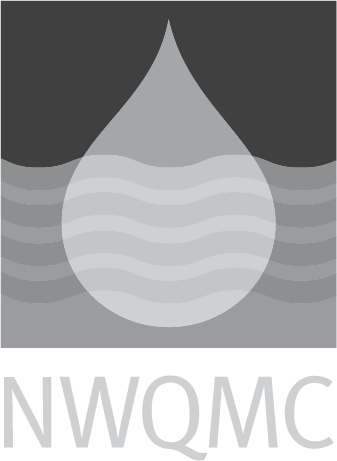Standard Methods: 3500-Cr B: Chromium by Colorimetry
|
Official Method Name
|
3500-Cr B. Colorimetric Method |
|---|---|
|
Current Revision
| Standard Methods Online |
|
Media
|
WATER |
|
Instrumentation
|
Spectroscopy (Colorimetry; Photometry) |
|
Method Subcategory
|
Inorganic |
|
Method Source
|
|
|
Citation
|
|
|
Brief Method Summary
|
This procedure measures only hexavalent chromium, (Cr6+). For total chromium determination, acid-digest the sample and follow with a suitable instrumental analysis technique. The hexavalent chromium is determined colorimetrically by reaction with diphenylcarbazide in acid solution. A red-violet colored complex of unknown composition is produced. The reaction is very sensitive. |
|
Scope and Application
|
The colorimetric method is useful for the determination of hexavalent chromium in a natural or treated water in the range from 100 to 1000 ug/L. This range can be extended by appropriate sample dilution or concentration and/or use of longer cell paths. |
|
Applicable Concentration Range
|
100 to 1000 ug Cr/L |
|
Interferences
|
The reaction with diphenylcarbazide is nearly specific for chromium. Hexavalent molybdenum and mercury salts will react to form color with the reagent but the intensities are much lower than that for chromium at the specified pH. Other intereferences are molybdenum, mercury, vanadium, and iron. |
|
Quality Control Requirements
|
See Section 3020 Quality Assurance/Quality Control. |
|
Sample Handling
|
Plastic or glass containers. Refrigerate. If only the dissolved chromium content is desired, filter sample immediately through a 0.45-um membrane filter at time of collection, and acidify filtrate with HNO3 to pH <2. If only dissolved hexavalent chromium is desired, adjust pH of filtrate to 9 with 1N sodium hydroxide solution and refrigerate to 4 +/-2 degrees C. If the total chromium content is desired, acidify unfiltered sample at time of collection with conc HNO3 to pH <2. If total hexavalent chromium is desired, adjust the pH of unfiltered sample to 9 with 1N sodium hydroxide and refrigerate to 4 +/-2 degrees C. |
|
Maximum Holding Time
|
24 hours (See Section 1060) |
|
Relative Cost
|
Less than $50 |
|
Sample Preparation Methods
|




